By Louie Stout
If you think winter has been rough on you, imagine how nature has been dealing with it these days.
That begs the question; will this long, unseasonably cold, snowy winter affect our fishing and hunting this season?
Maybe, say area biologists.
It would be logical for anglers to think that the ice-packed, snow covered lakes could impact fishing successes or lake conditions this spring.
Not likely, said Indiana fish biologist Neil Ledet.
We do expect some of the small, shallow weedy lakes and farm ponds to suffer some fish kills as they do every year after a hard winter, he said. But it will probably be the weaker fish that die and the healthy ones will be fine.
Ledet said aquatic vegetation dies back and depletes oxygen levels, especially when the lakes are snow covered for a prolonged period and prevents sunlight from reigniting the plants. The occurrence has less of an impact on deeper lakes with more oxygen.
What will be interesting, he added, is to see if lakes that have been corrupted with shad suffer a die-off of the non-native forage fish.
Shad dont do well in prolonged winter periods, he explained. So, I would suspect well see a die-off at places like the St. Joseph River and Potato Creek, and that could be a good thing.
Gizzard shad overpopulate and compete with more desirable species. While young shad do provide a nutritional food source for game fish, they grow rapidly to a size that most sportfish cant consume.
Another winter after-effect could be high, muddy river water in the early spring when the steelhead begin to spawn. The upper St. Joe has a lot of steelhead this winter and the spring fishery should be excellent if the thaw doesnt wash it out and make it difficult for anglers to present baits properly.
Meanwhile, southwest Michigan wildlife biologist Steve Chadwick said he hasnt seen a reason for major concern with wildlife - so far.
Were keeping an eye on the deer and turkeys, he offered. The deer seem in pretty good condition because they went into the winter well-fed. They are not traveling far and holding tight to bedding areas where food is available.
Turkeys and other game birds are more of a concern because they feed on grain. The heavy snowpack makes it difficult for them to scratch for food.
Anytime we have snowpack greater than 12 inches for six to eight weeks or longer, we start seeing mortality, Chadwick explained. Were getting near that breaking point, and I anticipate well see smaller clutches next year.
The biologist said hes received reports of dead pheasants in the northern part of the southwest Michigan district and suspects there may be impact on those birds in southern counties as well.
On a positive note, the biologist believes the cold winter should reduce the threat of the EHD virus that has killed several hundred deer in recent years. EHD is spread by a tiny bug that breeds around mucky areas.





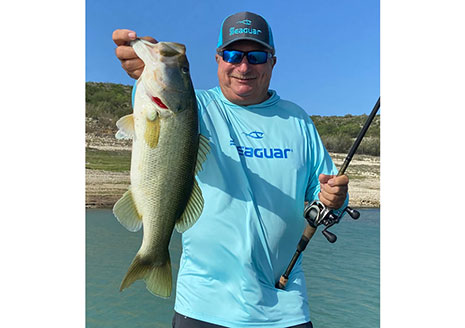
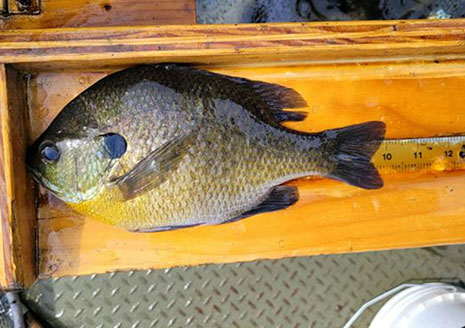
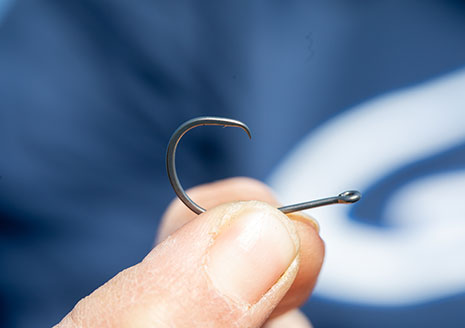

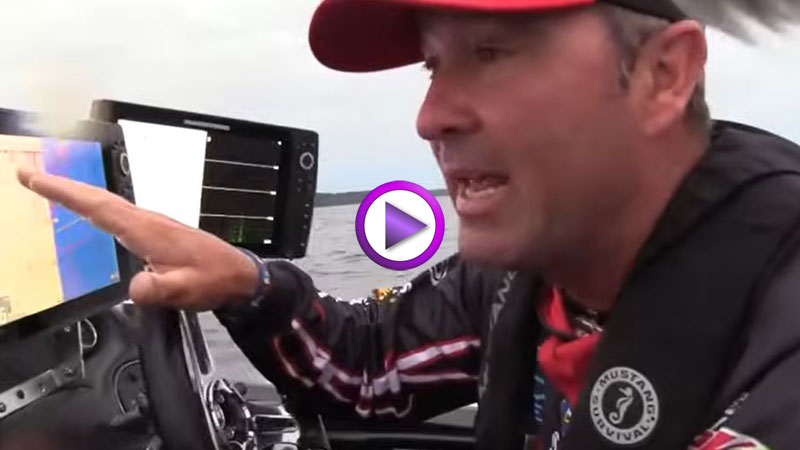




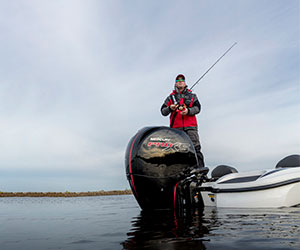



Connect With Us